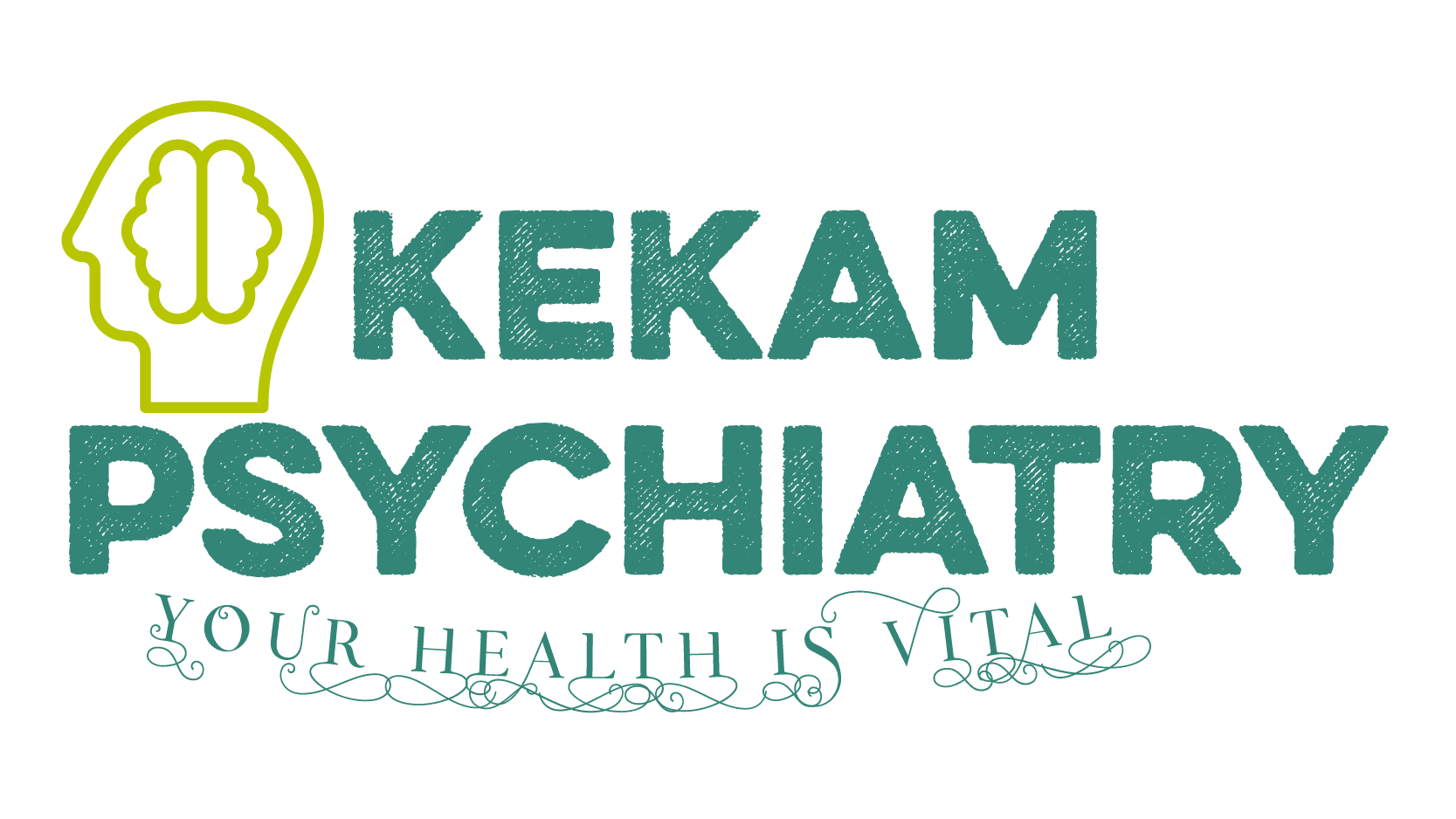Mental health treatment often involves a combination of therapy and medication. However, not every mental health professional has the authority to prescribe medications. If you’re wondering who can legally prescribe psychiatric drugs and how they differ from other mental health experts, this guide is for you.
Mental Health Professionals
Professionals in mental health have a range of expertise and educational backgrounds. While some specialize in therapy, others are able to make medical diagnoses and write prescriptions. You can seek the appropriate treatment if you are aware of the differences.
Professionals Who Can Prescribe Medication
-
Psychiatrists
Medical professionals with a focus on identifying and treating mental health illnesses are known as psychiatrists (MDs or DOs). They do a psychiatric residency as part of their lengthy medical training, which enables them to prescribe drugs for illnesses including schizophrenia, bipolar disorder, depression, and anxiety.
-
Psychiatric Nurse Practitioners (PNPs)
Advanced practice registered nurses (APRNs) with specific training in mental health are Psychiatric Nurse Practitioners, commonly referred to as Psychiatric Mental Health Nurse Practitioners (PMHNPs). In many states, they can diagnose conditions and prescribe psychiatric medication independently, while in others, they require physician supervision.
-
Primary Care Physicians (PCPs) and General Practitioners
For those with mental health concerns, PCPs and general practitioners are frequently the initial point of contact. They may send patients to specialists for more complicated cases, but they can also give psychiatric medicines such as antidepressants or anxiety pills.
-
Physician Assistants (PAs) in Psychiatry
PAs can diagnose and administer medicines, including psychiatric meds, while working under a doctor’s supervision. State legislation and the practice of their supervising physician determine their prescription power.
-
Neurologists and Their Role in Mental Health
Disorders of the brain and nervous system are the specialty of neurologists. While they primarily treat conditions like epilepsy and multiple sclerosis, they may prescribe psychiatric medications if mental health symptoms are linked to neurological conditions.
Professionals Who Cannot Prescribe Medication
-
Psychologists
Psychologists typically focus on therapy, counseling, and psychological testing. In most states, they cannot prescribe medication. However, some states like New Mexico, Louisiana, Illinois, Iowa, and Idaho allow specially trained psychologists to prescribe psychiatric medication under certain conditions.
-
Counselors and Therapists
Licensed counselors and therapists provide essential mental health support but do not have prescription privileges. They focus on talk therapy, cognitive behavioral therapy (CBT), and other non-medication-based treatments.
-
Social Workers
Clinical social workers (LCSWs) provide therapy and support, but they cannot prescribe medication. They often work in coordination with psychiatrists or nurse practitioners who can prescribe.
Prescription Authority by State and Country
Prescription laws vary by location. In the U.S., some states grant limited prescribing rights to psychologists. In the UK, mental health nurses and pharmacists can sometimes prescribe under specific guidelines. Always check local laws when seeking psychiatric medication.
Collaboration Between Mental Health Professionals
Since not all professionals can prescribe medication, collaboration is crucial. Therapists, psychologists, and social workers often refer patients to psychiatrists or PCPs for medication while continuing therapy for holistic treatment.
How to Get the Right Prescription for Mental Health Treatment
If you believe you need medication, start by consulting a professional who can prescribe it, such as a psychiatrist or PCP. Be open about your symptoms, medical history, and any previous treatments.
Challenges and Ethical Concerns
Overprescription, misdiagnosis, and dependence on psychiatric drugs are common concerns. Ethical prescribing involves thorough evaluation, follow-ups, and considering non-medication treatments when appropriate.
Conclusion
Making educated decisions regarding your mental health care is aided by knowing who is authorized to provide psychiatric drugs. The first step to rehabilitation is getting treatment from the correct practitioner, regardless of whether you require counseling, medicine, or both.
